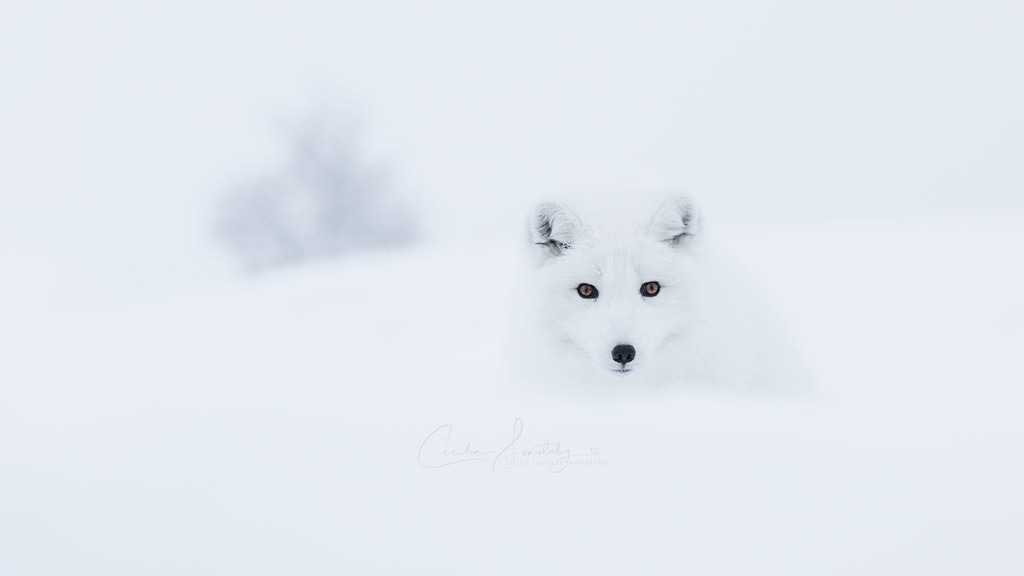Blogatorial
During WW II some of the best sailors were from the Canadian prairies. The sea was akin to their vast open prairies where they grew wheat and other cereal grains. Both are table-top scapes where you can see to the horizon appearing to roll on for ever — not a great place to be for anybody who fears wide open spaces. But neither the prairies or the sea can compare with the Arctic tundra where everything can be reduced to a featureless blaze of white on white with the horizon line obliterated and the temperature of -50 celsius and a hard wind blowing— not a great place to be if you value your life.
As a young boy I recall watching the ominous thunders storms building on the horizon and there was always the speculation as to which way it would go. Was it just going by, or were we going to get soaked? There was entertainment value to them as they were a dramatic spectacle with nature as the choreographer.
Many years later, working in the Arctic I was so lucky as to experience a full eclipse of the sun on a cool cloudless summer day. It was a spectacle to behold as the sky went from full sunlight to total darkness in a matters of minutes. A cold wind came up and the temperature dropped like a rock. The horizon line turned into a rim of molten red. The village dogs howled their discontent.
It was a spectacle I watched in awe but not fear because I knew something of science and what eclipses are all about. Scientist’s from around the world had come to our barren outpost to record the event. I imagined the fear I would experience if I was on that same spot a thousand years earlier not knowing anything about what was actually happening.
By any standard a total eclipse of the sun is a humbling experience. It sends the message loud and clear we are mere travelers in a universe infinitely greater and in many ways beyond our comprehension. We are custodians of the planet we have been allotted. It then follows are we worthy custodians?
At that time I was working with the Inuit, one of Canada’s Indigenous peoples.They had much wisdom to pass on. They practiced an all-inclusive form of social democracy based on consensus. Consensus draws on the collective wisdom of the group, not just a few individuals. This was their ideology for survival living in a very hostile environment. At the same recognizing they were mere custodians of the landscape they lived on and this must be passed on to future generations.
In all our alleged sophistication and living in complex post modern societies we scoff at indigenous societies on a global basis: but they internalized and practiced values and ideologies that sustained them for thousands of years.
The Inuit and many other primitive civilizations down put down markers to help them navigate through their landscapes. In a treeless featureless hostile landscape they erected Inukshuks as sign posts and navigational devices.
Not only are we incapable of putting down new markers we are tearing up ancient ones that have served us well. We are cannibalizing civilization for the basest of motives and corruptions with unrepentant sociopathy.
Complex tensions and corruptions are tearing apart Western Civilization. Where the Inuit constructed Inukshuks of rock we have built sand castles that are washing way. The not-so-mighty West has to start putting some markers down that will see us into the future.
For further reading:
John Ralston Saul, A Fair Country: Telling truths about Canada








